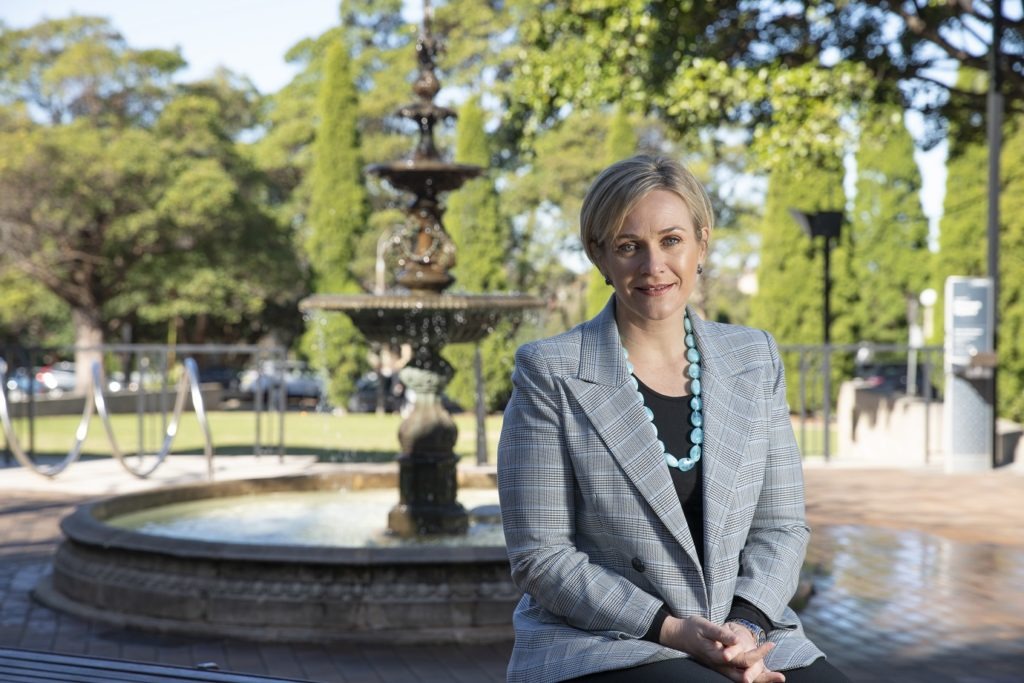Scott Morrison and Josh Frydenberg will be posturing on the cost of living in Budget week in an effort to win the vote of Australians, but let’s be honest – without futureproofing the Australian economy by improving their climate policies, Australians’ cost of living will be blown out of the water.
It’s very simple: disasters are expensive. Failing on climate – from emissions reduction to adaptation – means the Federal Government is setting Australia up for recurring shocks that a one-off disaster payment will never cover.
As parts of eastern Australia continue to mop up after the recent floods, we’ve seen the prices of fruit and vegetables rise dramatically, with some produce up 75% on normal prices. Scientists have made it clear that without meaningful action on climate change, severe weather events will be more frequent, and that means more frequent spikes in food prices. Our agriculture industry needs a plan for adaptation.
As Australians are surveying the damage to their homes and businesses from these record-breaking floods, they are tallying up financial losses and praying their insurance – if they can afford it – will cover the cost of rebuilding. The Insurance Council of Australia has been calling on the Government for leadership in climate resilience – they know for absolute certain that insurance premiums will become unmanageable for Australian households without it. They know areas in Australia will become all but uninsurable. The cost of living impacts are dire for the average Australian.
As Australians are reeling at the petrol pump, we should take notice. Be prepared for more of these shocks. With a reliance on overseas fuel imports and an unappealing electric vehicle market, where EVs are pushed into the realm of luxury, Australians who rely on their car are left exposed to cost fluctuations caused by world events – whether they be severe weather events from climate change, wars or political upheaval. Instead of a temporary reduction in the fuel excise or a freeze on its indexed increases, as is being speculated, the Federal Government should be looking longer term and increasing incentives to purchase electric vehicles, and investing in charging infrastructure at a level far greater than what we have seen announced.
Now is the time for transformation. Short-term thinking just doesn’t cut it anymore. In this Budget, we need to see commitments to climate solutions that will set Australia up for long term prosperity, or at least security.
This week, United Nations Secretary-General, Antonio Guterres, labelled Australia a ‘hold out’ for failing to announce meaningful emissions reductions by 2030 and described coal as a “stupid investment” that will lead to billions in stranded assets. It is critical that the Federal Government stops wasting taxpayers’ money on coal and gas at the expense of long-term solutions.
But there is no sign they are listening to Guterres’ wise words because they are still approving coal mines and splurging on their gas ‘obsession,’ which will only push up power prices for households over the long term.
If they were serious about reducing the cost of living, they should be removing fossil fuel subsidies and investing that money, and more, in the renewable transition that is already bringing down the cost of living, with home and business energy prices falling. They should be investing our taxpayer dollars on updating the grid and creating a fair transition for workers and their families and communities in fossil fuel industries.
This Budget, the best way to respond to cost of living pressures would be to commit to meaningful action on climate change. Thankfully, meaningful action on climate is not just possible but it would be profitable for Australia. And not just for certain industries – but for Australians at large. If the Treasurer fails to produce a Budget conscious of the risks of climate inaction, they can’t say they are lowering the cost of living. In fact, quite the opposite. Such failure just defers the costs of inaction, leaving them to accrue and multiply, and making it much harder for the Australian economy to adapt.
I’ve set out a clear, actionable plan for Australia to deal with climate change in my ‘5 Steps to Net Zero.’ From transport to agriculture to energy to climate risk assessments and adaptation, it’s the plan we desperately need.
But if Morrison and Frydenberg want to pretend we can keep driving into this future climate without a map, they are taking us all for a very dangerous ride.


